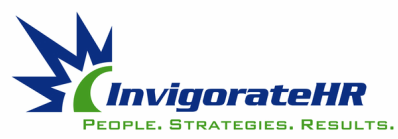|
Here are a few of the topics employment attorneys said employers should review and be aware of for 2021. Minimum Wage. Workers in 20 states will get a pay increase as of January 1st, when the minimum wage increases. Later in the year, another four states and Washington, D.C. will raise their baseline pay. Leave Mandates. In 2020, the federal Families First Coronavirus Response Act (FFCRA) provided paid leave for certain workers who had COVID-19 or whose children's schools or child care providers were closed due to the pandemic. Although FFCRA's paid-leave requirements expired at the end of 2020, a new coronavirus relief package extended the refundable employer payroll tax credit for paid sick and family leave through March 2021. Additionally, some states, counties and cities have more-expansive leave mandates that will remain in effect for at least part of 2021. Some states, such as New York, passed permanent paid-leave laws in addition to temporary pandemic-related laws. Health and Safety Requirements. Employers should review guidelines from the federal Occupational Safety and Health Administration (OSHA) and state and local agencies that are meant to keep workers healthy and safe during the pandemic. Employers should note that states may have more-stringent standards. At least 14 states have adopted comprehensive COVID-19 worker safety protections, and some cities also have passed pandemic-related workplace safety ordinances, according to the National Employment Law Project. Employers may see more claims of retaliation from employees who raise health and safety concerns. Drug-Testing Programs. Thirty-five states have now approved medical marijuana use, and 15 of those states and Washington, D.C., also have approved recreational use. Employers need to be aware of how each applicable statute impacts the workplace. Although no state requires employers to tolerate on-the-job cannabis use or intoxication, many states protect registered medical marijuana patients from employment discrimination.
The future is uncertain for employers in light of the ongoing pandemic and a new presidential administration. Be prepared to brace for changes to accommodate the new administration, which is focused on employee rights. Adapted from SHRM. Comments are closed.
|
Archives
December 2024
|


 RSS Feed
RSS Feed